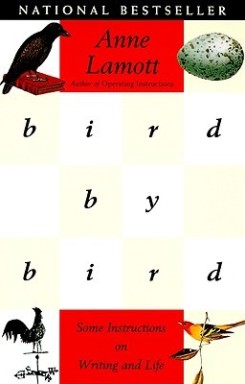Dear Procrastination,
Let’s get real. Writing is hard.
I’ve never done anything harder. Or more rewarding. But it’s the hard part that makes me turn to you, old pal. If there was one thing I wanted to do today, it was work on editing my novel. Here it is 9:12 PM: I’ve cooked two meals, shopped with my baby sis, played around with my new Zune, and baked vanilla cupcakes.
Procrastination,
The only guard against falling into your endless cycle of putting off what is challenging but ultimately necessary is persistence and optimism (in the case of writing, necessary in an existential rather than a practical sense).
The advice that we must give ourselves permission to write our worst and not sweat that one bit resounds without contention throughout arguments and musings on the art of writing. Why?
We must give ourselves permission to write our worst because the practice of writing is far more important to becoming a writer than any single sentence any writer will ever produce. Writing and editing require focus and stamina. Focus and stamina are strengthened by practice.
Writing daily. Writing through false starts, blocked narratives, and scenes that aren’t fully realized. That is how a writer conquers you, you tic!
And optimism?
The only guarantee for practicing over and over day after day is that in the end you will have written something. You’ve got to believe that even if that’s all that comes of your dedication and training, you will still be satisfied with your life’s work.
So, procrastination, you caught me today. The sun has set and to stay up much longer would be borrowing from tomorrow. But, I did manage to write this letter and now that I’ve come to a close, I see I have time for at least a few more sentences… *opens novel draft*
Beating you sentence by sentence,
Liz
Interested in hiring me as a coach to get you boosted with your writing goals?
Find free resources and information here.
Some past posts to keep you making time:
Adjust your pace accordingly.
It’s about the routine and how you shake up the routine
There are things you will have to give up
See it to achieve it
Washing the dishes
Write slowly
A celebration of the pause
Monday, a run through the driving rain
Zen accident
Get out of your comfort zone







